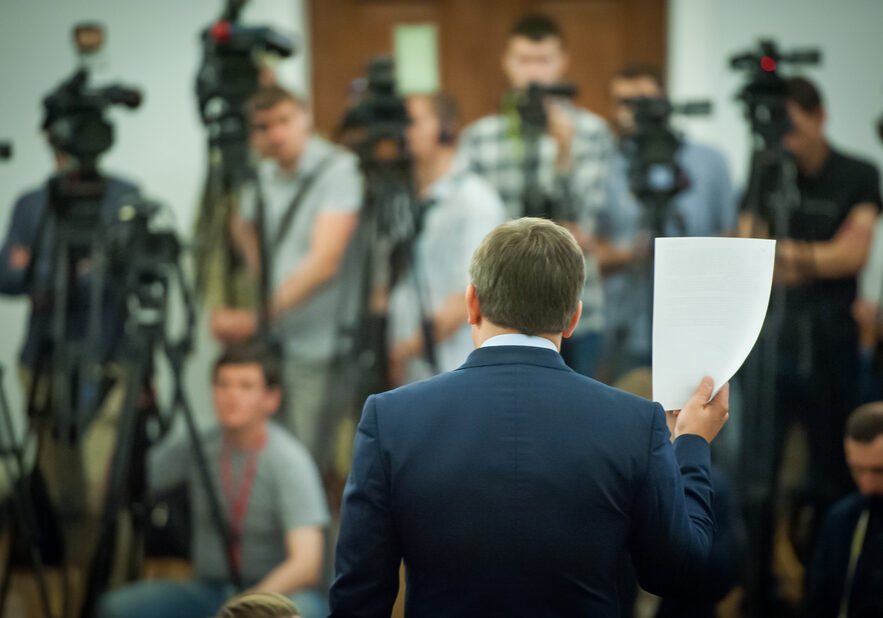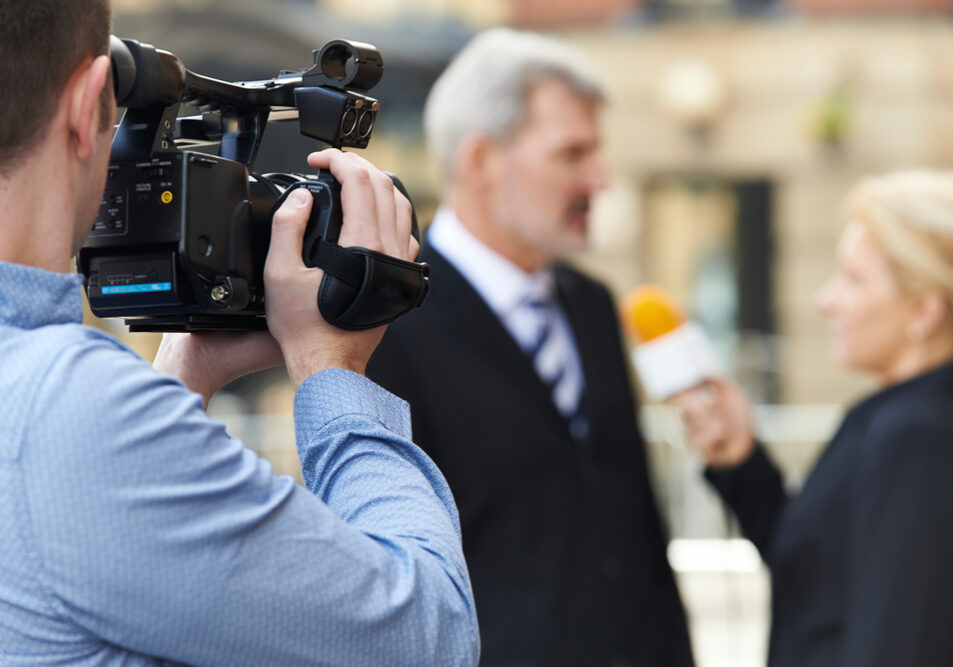Last week the manager of an aged care home told me, the media being on her doorstep, in the event of a covid outbreak, is her worst nightmare. It doesn’t surprise me that she feels this way.
Almost everyone we meet in crisis media training is full of dread when it comes to the media. Thankfully they feel differently by the end of the session. What does surprise me is the number of people who totally fail to prepare for the things they fear most… like media.
Who would want to be a Principal at the moment? Or the director of a Nursing Home or Day Care Centre, Business Owner? Workloads have exploded with contingency planning across so many sectors as executives and business owners brace for a surge in covid. Despite the frantic day to day operations, savvy business and organisations are assessing the potential long-term damage to their reputations and prioritising getting their crisis communication plans in place. Those with basic media training under their belt are in an enviable position. Many are returning for scenario specific media training to deal with the current covid challenges and it is heartening to see others stepping up for an initial training despite the frantic workload. If Covid does strike, you’re going to be busy enough!
Let’s be clear; there are two very different types of crises. Those that are of your own doing and those of which you are a victim. The media will see the difference but they will want to talk to you about both.
In the current environment almost all exposure cases will start as something beyond your control. The media and the broader audience are fair. However, if you mess it up in your response, and particularly the communication of that response, you can quickly move from one category to the other and the fallout can be catastrophic. Reputations fall quickly.
No one wants a crisis but how you handle is what could actually see you shine.
Here’s four quick pointers to help get it right:
Tick… Tick… Tick
One of the biggest mistake people make in a crisis is to wait too long to say anything and expect to get the same fair hearing that they might have been afforded at the start. While you’re hoping it will all die down or desperately trying to work through every last detail, your audience is getting annoyed, anxious and turning against you. The media don’t like you being unaccountable either.
You don’t need to know everything to say something.
Set some parameters but tell them what you know now, tell them you hear them and tell them what you’re doing next.
Hot Seat
Who will talk in the event of a crisis? This is so often the poisoned chalice thrust at the guy in the wrong place at the wrong time. You should ALREADY know who the right person is and they should be getting ready.
Have they had media training? Do they have access to all the information they’ll need, are they senior enough to be accountable, are they available enough to work with the media cycle, do other members of your team know their roles in supporting the spokesperson?
Be Inclusive
Of course, the media and audience want answers in a crisis but that doesn’t have to pit them against you.
Put yourself in the audience’s shoes, in many cases you will have the same shared concerns and priorities. If you’ve had good media training you should know how to pre-empt a question, acknowledge a concern and seamlessly move the conversation back to your point.
You will often need to correct a false statement without enflaming the situation. There are lots of great ways to take control but as soon as you take up a defensive position few of these will work.
Step Up
It is not the media’s job to be your spokesperson. It is their job to give you an opportunity to have a say in a story about you.
You can’t complain about not getting a fair hearing if you refuse to comment or can’t make yourself available in the required time frame. Just because I’m a journalist doesn’t mean I automatically think you should talk about everything, but it is rarely in your best interest to not have a voice in a conversation about you.
Written by
Why train with ThinkBox?
At ThinkBox Media we believe in Strategic Customised Training. This means your training will be developed specifically for you; your industry, your concerns, your real scenarios.
A mining executive is not likely to face the exact same issues as a doctor, a government minister or a not-for-profit organisation. One Size fits all trainings do not work.
Some people need a lot of time to improve their performance, others get stuck on the messaging. Many bigger companies already have some bases covered by their own comms teams freeing up more time to focus on the practical skills.
Often a one-on-one training in required, other times small or larger groups may provide a more cost effective option for a team.
We know you’re results driven and so are we!
Not sure what you need? We can help you.
We have been asked a lot of questions. Many of them about where to start. So we have created a comprehensive FAQ's section to help you navigate the journey.





